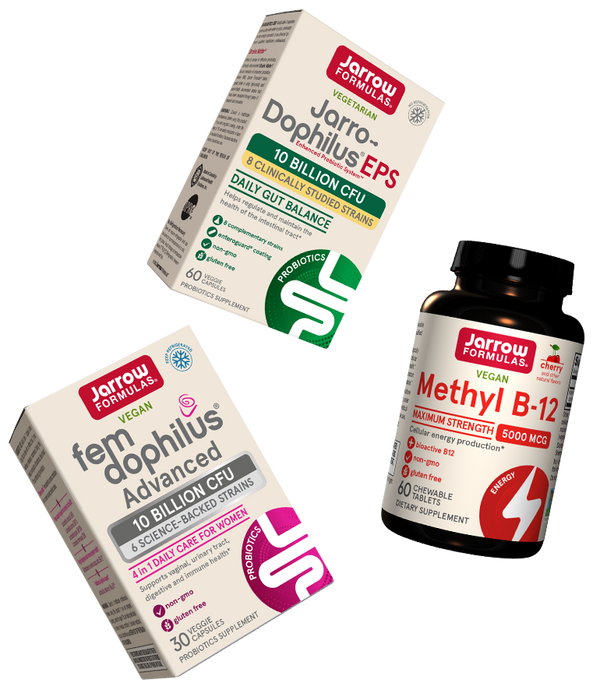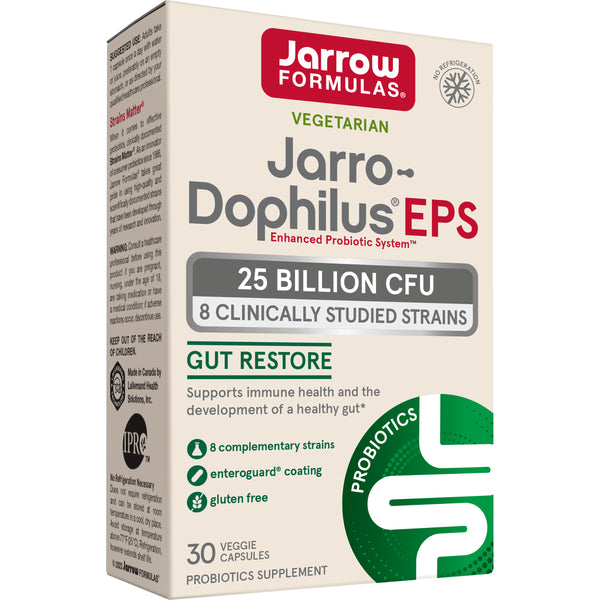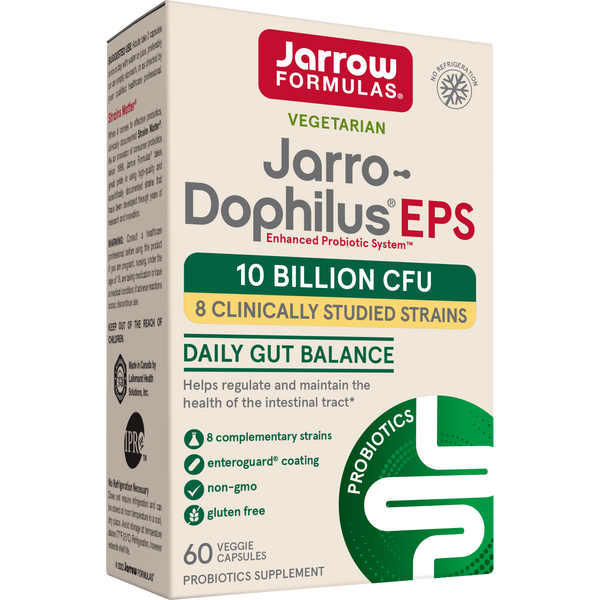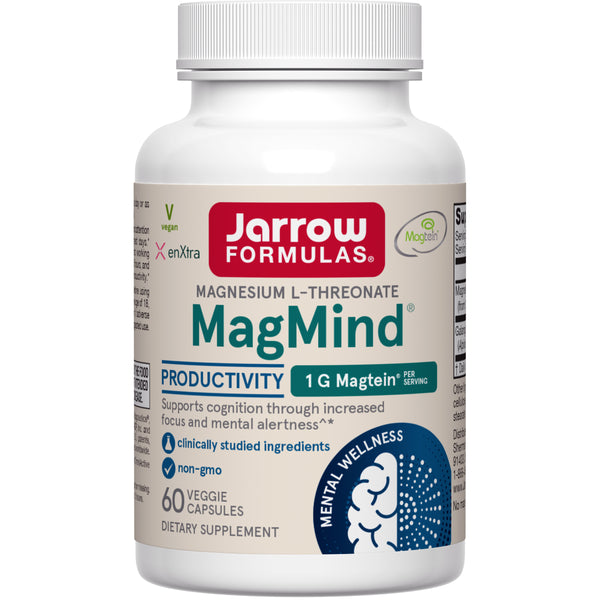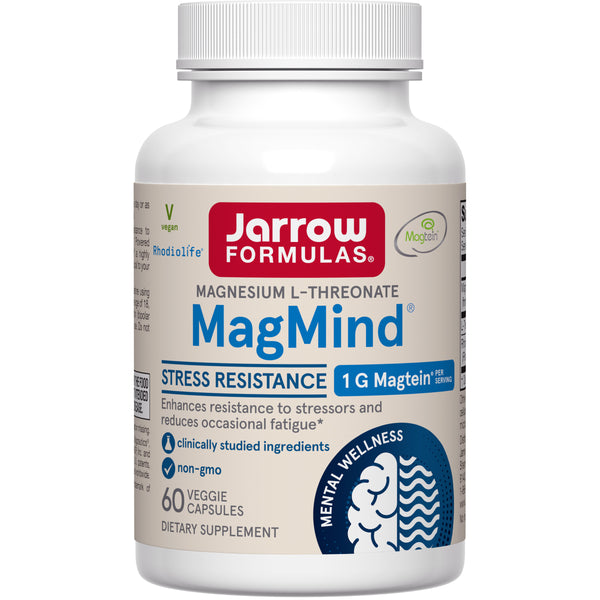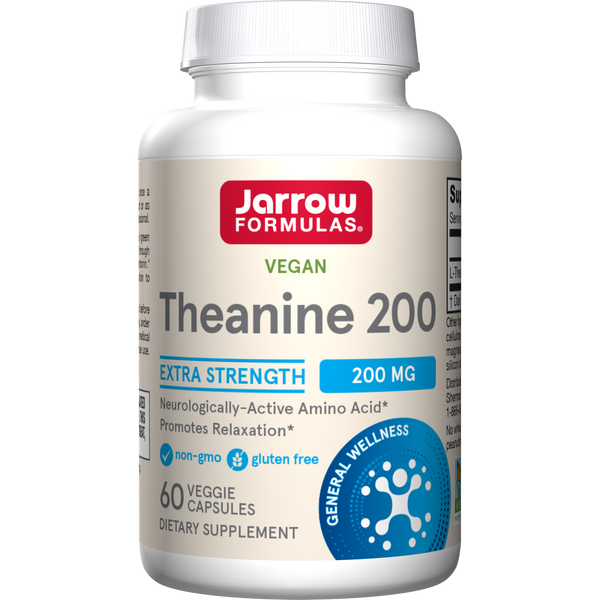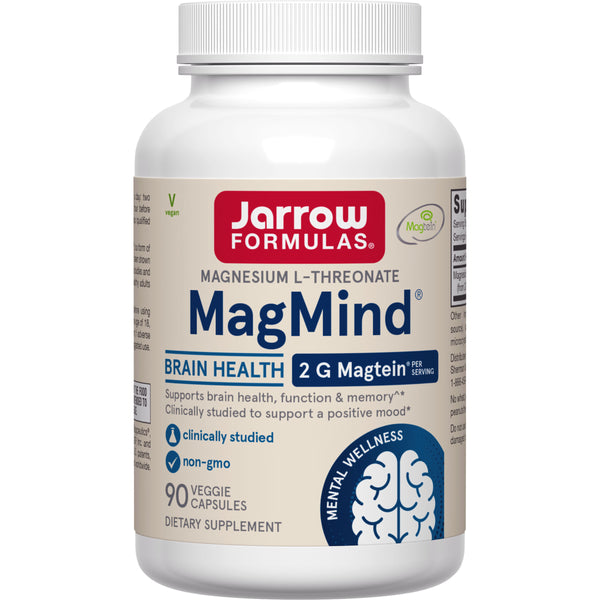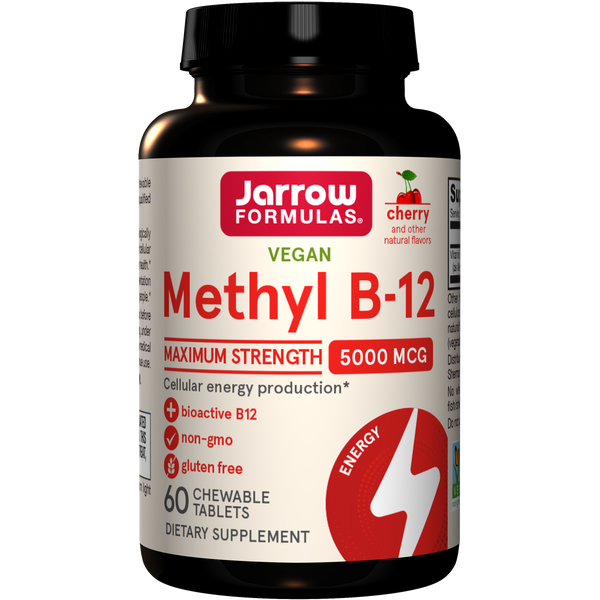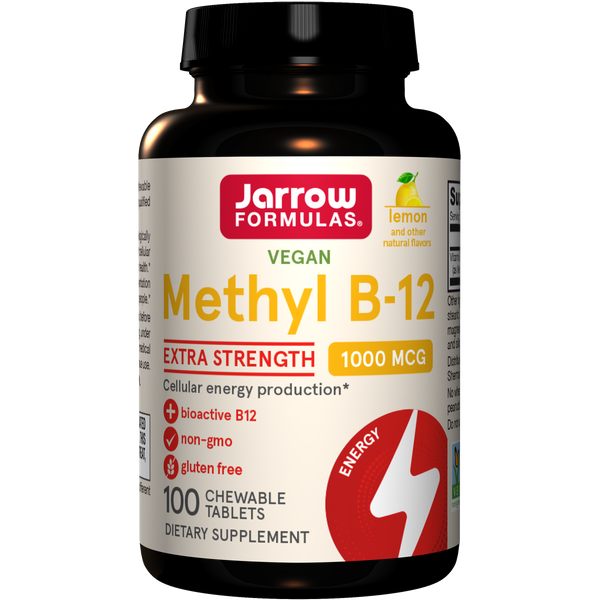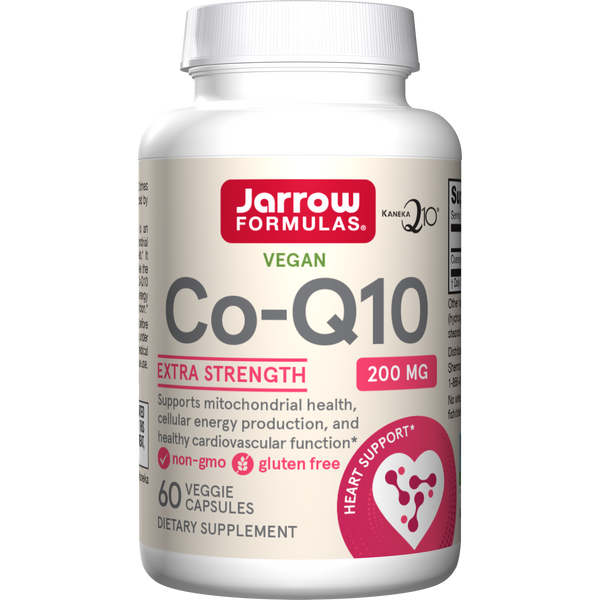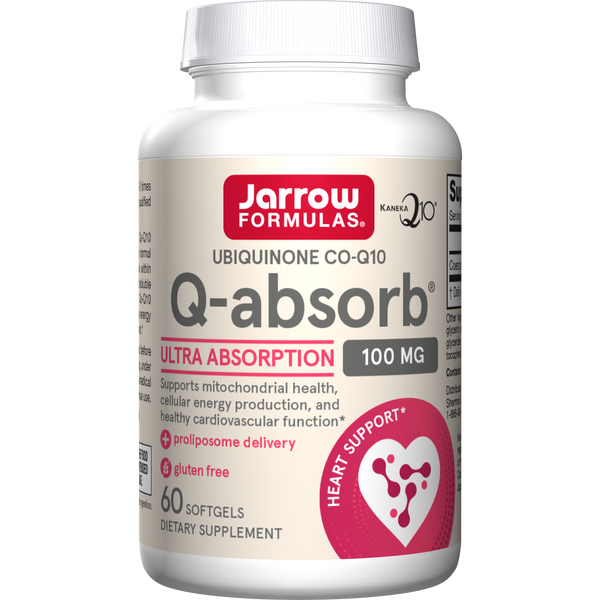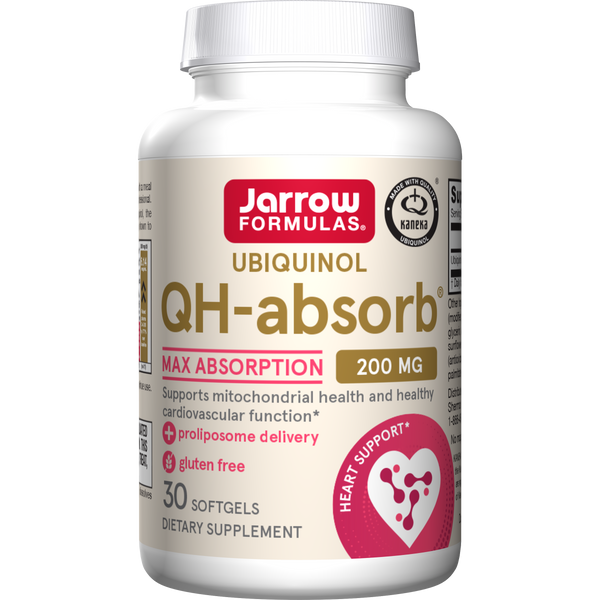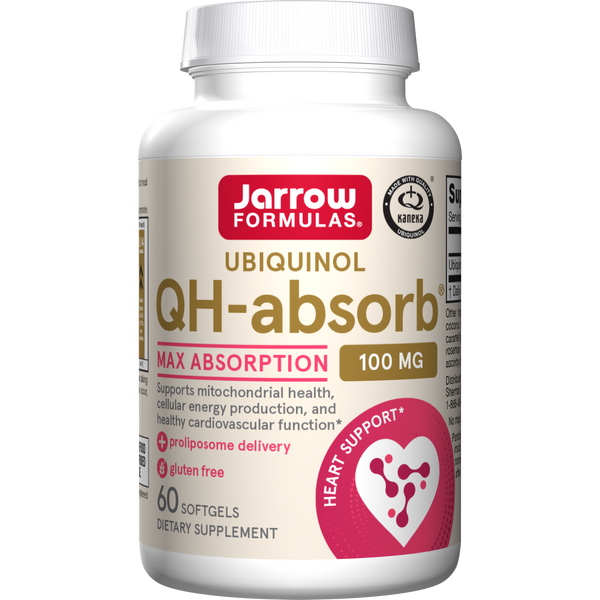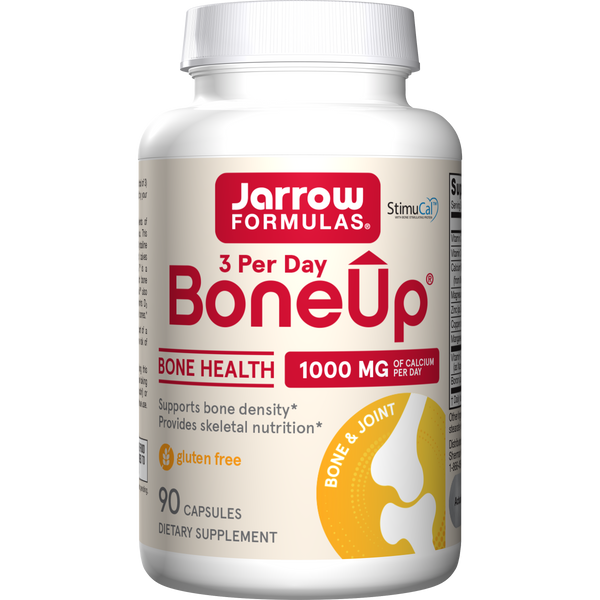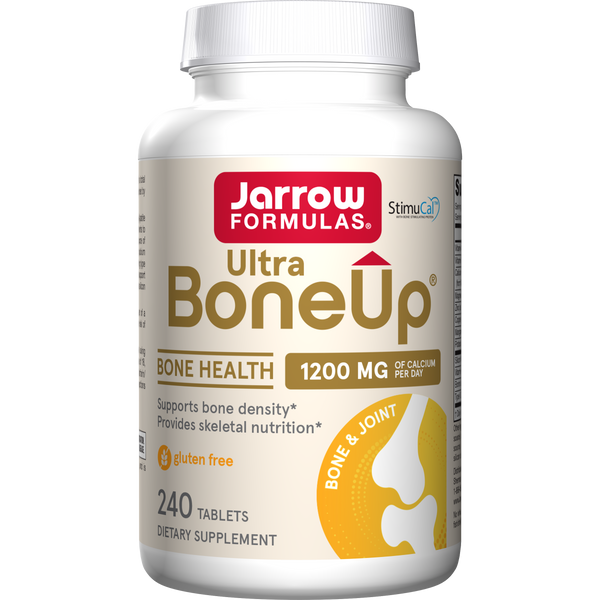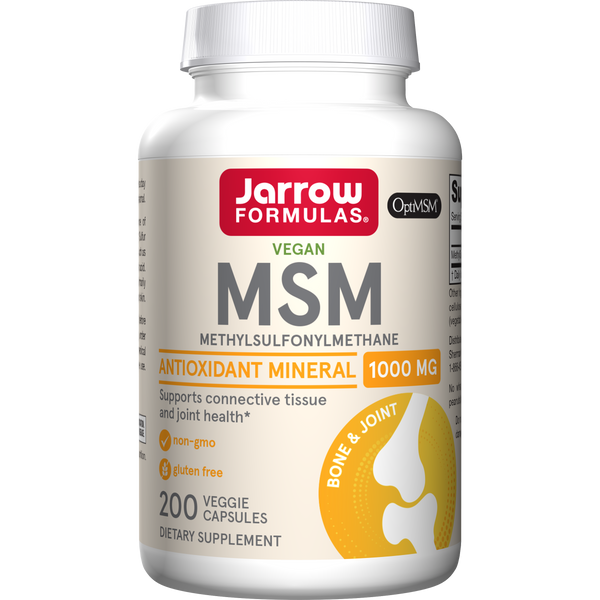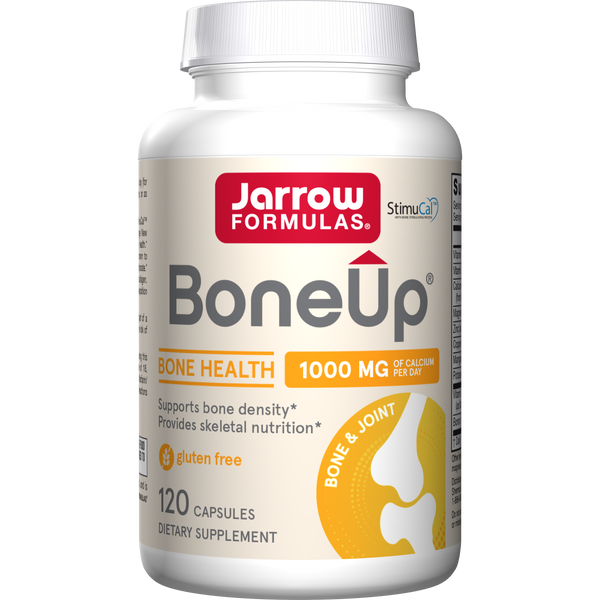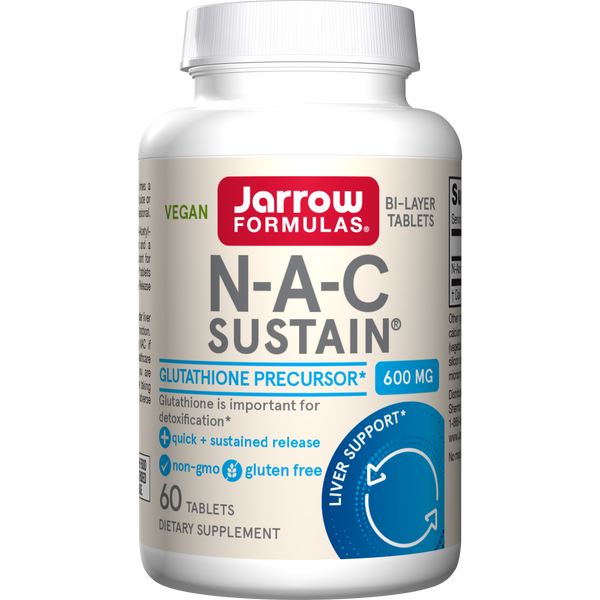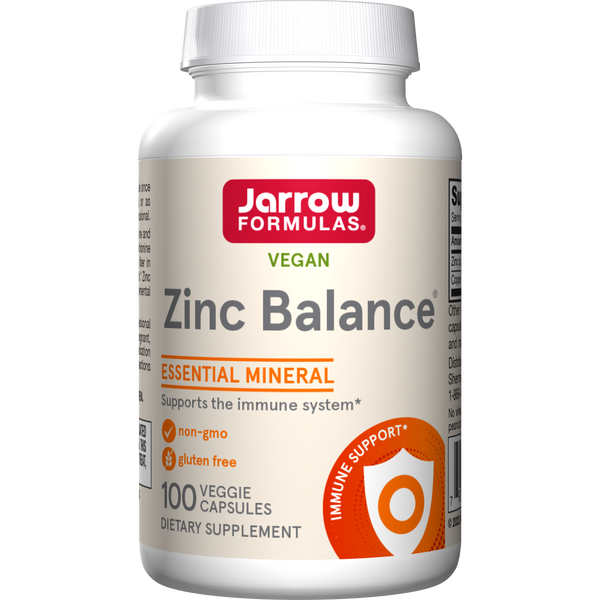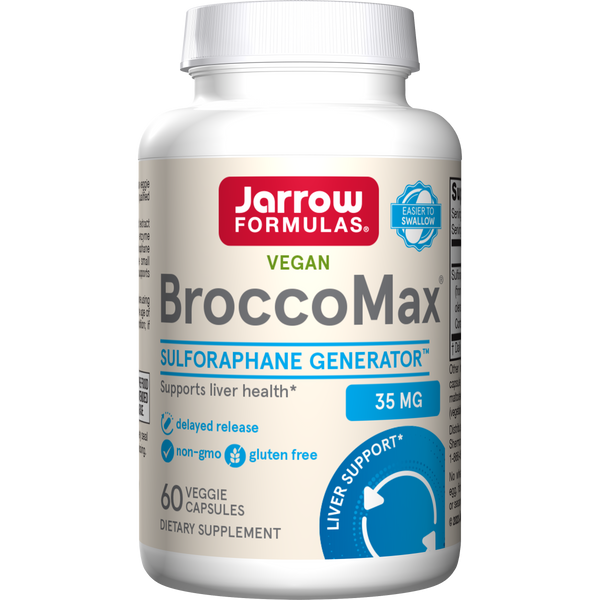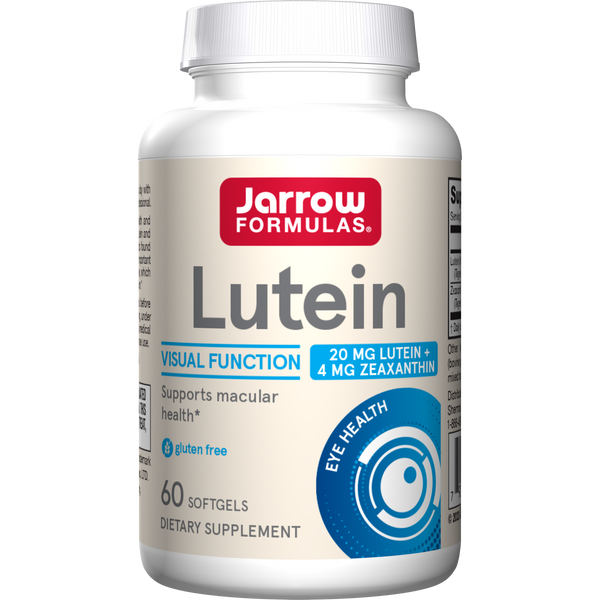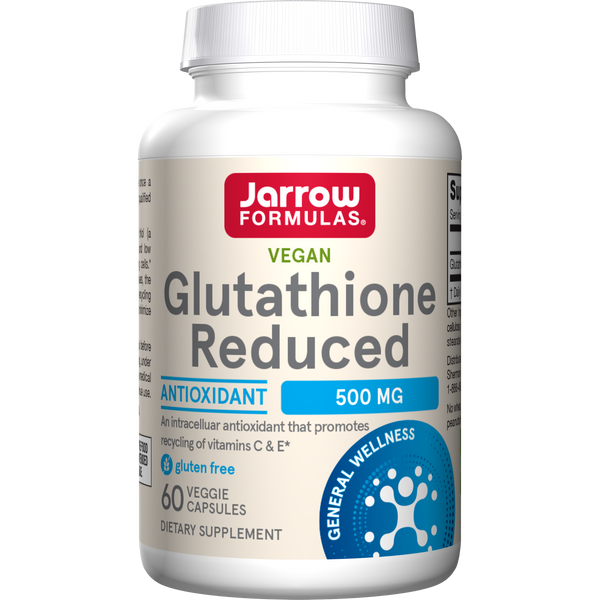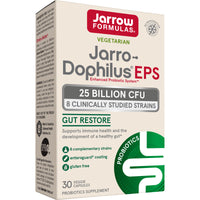Negative Claims About Magnesium Stearate are Unscientific and Fraudulent Marketing
Statement for Response to Negative Claims Regarding Magnesium Stearate
by Dallas Clouatre, Ph.D.
Without any evidence and often with gross misinterpretations of science, recently some individuals and companies have implied that magnesium stearate is unsafe. Here are the simple facts regarding magnesium stearate:
1. Safety of magnesium stearate in animal trials
Magnesium stearate has Generally Regarded As Safe (GRAS) status in the US and throughout most of the world. In actual animal tests, magnesium stearate has been shown to be safe at a daily intake of 2,500 mg/kg bodyweight. The no observed adverse effect level (NOAEL) is estimated to be 5% magnesium stearate in the diet. (Toxicology. 1980;17(1):51-5.) As in most such studies, there is a further margin of safety above this level of intake. The material is so safe that it is a common ingredient in infant formulas.
There are a couple of ways of viewing this animal data. One interpretation is that a 150 pound human can safely consume 175 grams magnesium stearate per day. A reading based on how animal data usually is applied to humans is that a 150 pound human can safely consume on the order of 30 grams magnesium stearate per day. Obviously, there is no safety concern from the 10 to 50 mg that is found in some supplements. In most cases, a person would need to at least consume 1,000 times the amount of magnesium stearate found in a supplement even to reach the most cautious known safety level.
2. Do magnesium stearate and stearic acid "collapse cell membranes?"
This in vitro / cell culture study has no bearing at all on the use of magnesium stearate in supplements and foods. In fact, any supplement applied in sufficient quantity in a cell culture study will be toxic. This is true of fish oils and many other nutrients. As Ray Sahelian, M.D., writes on his website in response to this attack on magnesium stearate, "People or companies who use this type of in vitro study to make such a leap either do not understand medicine or science, or are purposely misleading consumers for marketing reasons."
3. Impact on bioavailability of supplement nutrients
As pointed out in the Wikipedia entry, "studies have shown that magnesium stearate may affect the release time of active ingredients in tablets, etc., but not that it reduces the overall bioavailability of those ingredients." (Pharmaceutical Development and Technology, Volume 3, Issue 4 November 1998, 535–547) (Bosnian Journal Of Basic Medical Sciences, 2007, 7(3): 279-283) Even the effect on release time depends on magnesium stearate being a major component in the formula and not merely a flowing agent.
4. Safety of stearic acid and its health benefits
Some supplements may contain 20 mg stearic acid from magnesium stearate. Compare this to the 5 grams (5,000) stearic acid found in a typical chocolate bar.
Controlled human clinical trials have shown that stearic acid may provide significant cardiovascular benefits. One study found that a diet rich in stearic acid improves thrombogenic and atherogenic risk factor profiles in healthy males. (Eur J Clin Nutr. 2001 Feb;55(2):88-96.) A separate review of three clinical trials found that stearic acid is less thrombogenic than several alternative fatty acids. (Lipids. 2005 Dec;40(12):1229-35.) Yet another study in humans found that stearic acid is just as safe as the unsaturated ingredients oleic and linoleic acid. (J Nutr. 2005 Dec;135(12):2805-11.)
